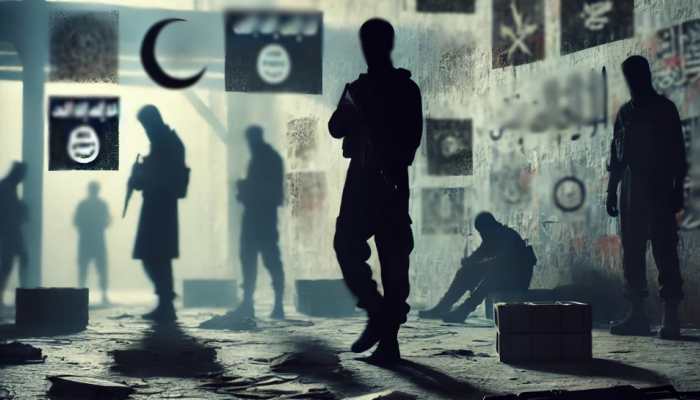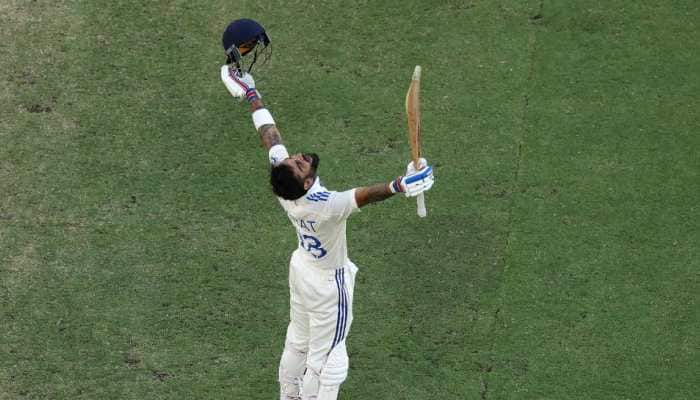'Can't Ignore Speeches To Brainwash...': Delhi High Court's BIG Order Against Radicalisation
The high court upheld the trial court conviction verdict, observing evidence to show he was in close connection with the other accused who were a part of a larger network.
Trending Photos
)
Amid the security and intel agencies' crackdown against radicalisation and plots by terror elements to establish an Islamic Caliphate in India, a Delhi High Court verdict has come that will send a strong signal to those walking the wrong path. While dismissing a plea of a terror case accused, the Delhi High Court said that speeches to brainwash innocent youth and recruiting them for illegal acts against the country cannot be completely washed away in the absence of a specific terrorist act. A bench of Justices Prathiba M Singh and Amit Sharma made the observation while rejecting the plea of Mohd Abdul Rehman, an alleged associate of Al-Qaida's Indian outfit, against his conviction and seven-year-five-month jail term by a trial court under the anti-terror UAPA law.
"Speeches which are given to brainwash innocent youth coupled with attempts to recruit them for committing unlawful and illegal acts against the country cannot be completely washed away on the ground that no specific terrorist act has been committed," it said.
The appellant contended that, although he was found guilty of engaging in preparatory acts for committing a terrorist act and recruiting individuals for such activities, no evidence was presented to prove he actually carried out those acts.
The bench, however, clarified that the term "terrorist act" is broadly defined to encompass activities such as "engaging in a conspiracy with terrorist organizations and associating with individuals supporting such organizations." It emphasized that identifying or proving the existence of a specific act of terror is not a prerequisite for punishment under the relevant provisions.
The high court upheld the trial court conviction verdict, observing evidence to show he was in close connection with the other accused who were a part of a larger network.
The network was said to be carrying out inflammatory speeches, disseminating material, having links with Pakistan-based organisations and travelling there for secret meetings, recruiting persons for terrorist acts, collecting funds to help such travels and other activities fanning hatred against the country and its political leaders, among other things.
"In conspiracies of this nature specific covert acts would not be required but secretive and clandestine support to declared terrorist organisations would also be sufficient. The evidence and the testimonies which have been recorded in the present case clearly disclose association with terrorist organisations for commission of conspiracy for committing a terrorist act.. The appeal is, accordingly, dismissed," the bench ruled.
The court said the planning to execute terrorist acts could extend over years and Section 18 of UAPA aimed to address such a preparation, even when a specific terrorist act was not identified.
It said it was 'common knowledge' that terrorist organisations like Al-Qaida in the Indian subcontinent functioned in an extremely secretive manner and its associates often left no trail of evidence. In February 2023, the trial court convicted the appellant and other accused persons for conspiracy to commit acts that constituted preparation towards commission of some terrorist act.
The trial court considered the evidence that indicated the existence of a conspiracy to commit a terrorist act, including their illegal travel to Pakistan, inflammatory speeches, various passports by creating false and fabricated documents. The state said the material showed appellant's ideology professed violence against the country and the Prime Minister.
Stay informed on all the latest news, real-time breaking news updates, and follow all the important headlines in india news and world News on Zee News.
Live Tv







)
)
)
)
)
)
)
)
)
)
